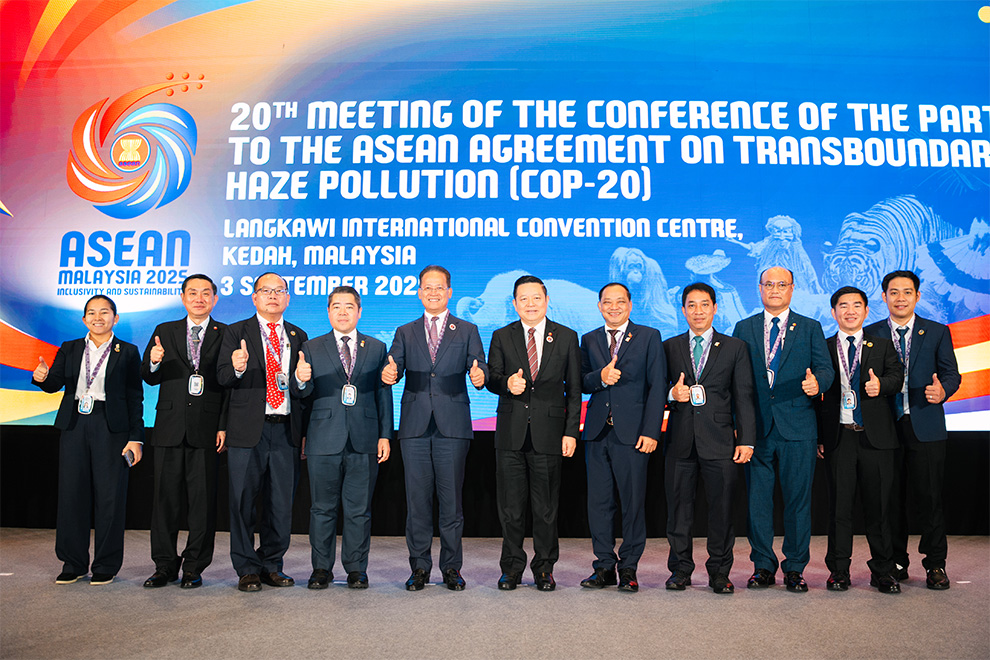Green Diplomacy: Cambodia Unveils Key Insights from Regional Environmental Summit

In a landmark diplomatic move, all ten member states of the Association of Southeast Asian Nations (ASEAN) have unanimously agreed to establish the ASEAN Centre for Climate Change. The new regional hub will be strategically located in Brunei, signaling a collective commitment to addressing the critical environmental challenges facing the Southeast Asian region.
This groundbreaking agreement represents a significant step forward in regional cooperation, demonstrating ASEAN's united approach to combating climate change. By creating a dedicated center, the member nations aim to coordinate research, develop innovative strategies, and implement collaborative initiatives to mitigate the impacts of global warming and environmental degradation.
The decision underscores the growing recognition among ASEAN countries that climate change is a shared challenge that requires coordinated and comprehensive responses. With Brunei hosting the center, the sultanate will play a pivotal role in facilitating regional dialogue and driving sustainable development efforts across Southeast Asia.






.png)

